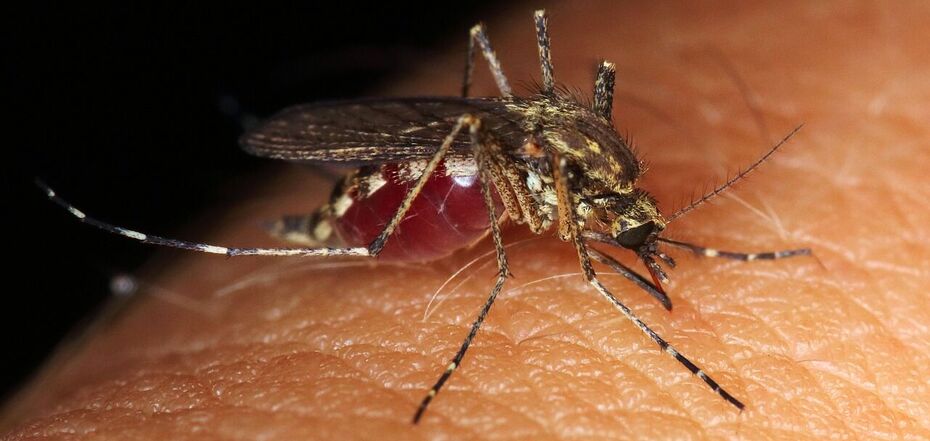Life
Why some people are mosquito magnets and how to trick insects: facts from scientists
There are often situations where some people can enjoy the warm evenings in the countryside or by the lake without being touched by mosquitoes, while others have several bites before they get out of the house. This phenomenon also annoys people, because they feel that the insects are waiting for them.
According to studies, it has been found that the pests can recognise people even in a crowd because of their scent. National Geographic has learned from scientists how this strange phenomenon can be explained.
Mosquitoes search for the "right" person by their scent. First they sense the carbon dioxide they exhale, then the smells our body gives off (sweat, foot odour). When they get close, they see a dark silhouette, and their taste buds help them decide where to bite.
Insects are particularly fond of carboxylic acids, which are fatty acids found in human sweat. They are produced in the sebum that protects our skin from irritation. These acids have an aroma of burning oil, so if you smell it, mosquitoes will like you.
Mosquitoes are also not indifferent to acetoin - this substance is produced by skin microbes on the human body and plays an important role in how we smell.
Of course, food, water, health conditions and pregnancy all affect the way we smell, but there are certain traits that last for months and even years. This explains the phenomenon of constant mosquito bites. Because insects remember our scent even if it has changed slightly.
"Many people want to understand what makes one person more attractive to mosquitoes, because this secret may allow us to create a repellent (repellent) for the next generation," says Matthew DeGennaro, a mosquito geneticist at Florida International University.
Using personal hygiene products is a daily ritual for everyone. But unfortunately, soap, deodorant or shampoo won't mask your mosquito odour. Scientists have found that the pleasant smells of soap, on the contrary, can attract pests.
The researchers conducted an experiment where they compared the number of mosquitoes that landed on a nylon sleeve worn on an unwashed person's arm and on a sleeve worn on a soap-washed arm. The experiment was repeated on four different subjects, and using four different soaps.
In some cases, the smell of soap has increased the number of mosquito bites. This indicates that some soaps increase the attractiveness of humans to pests.
"All the soaps we used were mostly dominated by a compound called limonene, which repels mosquitoes, but three out of four soaps actually increased the attractiveness to mosquitoes," says Clement Vinoge, a neuroethologist at the Virginia Tech Institute.
Consequently, it all depends on the chemical composition of the soap and the human odour patterns. According to Vinoge, one soap composition on the skin may produce a plant-like smell for mosquitoes, while another combination, may directly "scream" that it is human.
Scientists advise testing soaps from different manufacturers on yourself if you are often exposed to insect bites. And pick one that disguises your scent.
Human blood is an important ingredient in mosquito life. For example, female mosquitoes need blood to produce eggs. So their perfected ability to recognise their scent is key to their survival.
"They can't rely on just one signal - so they have a really robust system for detecting a whole range of odours, which is very difficult to detect," said neurogeneticist Maria Elena De Obaldia, who has studied mosquitoes' sense of smell at Rockefeller University.
The best protection against mosquitoes is conventional products that have DEET (insect repellent acids) in their composition. You can also use natural protection, such as lemon or eucalyptus oil, but they are less effective and must be applied more often.
Previously OBOZREVATEL told how to get rid of mosquitoes at dacha for a long time.
Subscribe to OBOZREVATEL channels in Telegram and Viber to keep up with the latest developments.



























